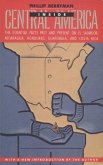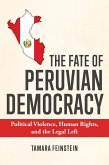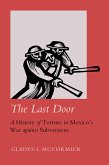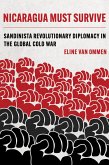In recent years as countries around the globe have begun to move from dictatorial to more democratic systems of governance, no more traumatic (or dramatic) ethical problem has arisen than what to do with the previous regime's torturers. In most cases, the security and military apparatuses, responsible for the overwhelming majority of human-rights abuses, still retain tremendous power-and will not abide any settling of accounts. Now, New Yorker staff reporter Lawrence Weschler tells the extraordinary story of how, against tremendous odds, torture victims and human-rights activists in two Latin American countries-Brazil and Uruguay-tried to bring their torturers to justice and to rehabilitate their whole societies from harrowing periods of silence and repression. In this first of his two accounts, he tells how a tiny group of torture victims, clerics, and human-rights activists in Brazil launched an extremely risky, nonviolent plot to get even with the former torturers by publishing an indisputable account of their savage system of repression-indisputable because it is drawn from the regime's own files. In the second, set in Uruguay, he tells how a more broadly-based movement attempted to bring to light the dark history of a military regime engaged in more political incarceration per capita than any other on earth at that time. In this illuminating and beautifully written book (portions of which appeared in five issues of The New Yorker), Weschler examines what a small number of individuals can do to retrieve history and truth from the hands of torturers.
Dieser Download kann aus rechtlichen Gründen nur mit Rechnungsadresse in A, B, BG, CZ, D, DK, EW, E, FIN, F, GR, HR, H, I, LT, L, LR, NL, PL, P, R, S, SLO, SK ausgeliefert werden.









